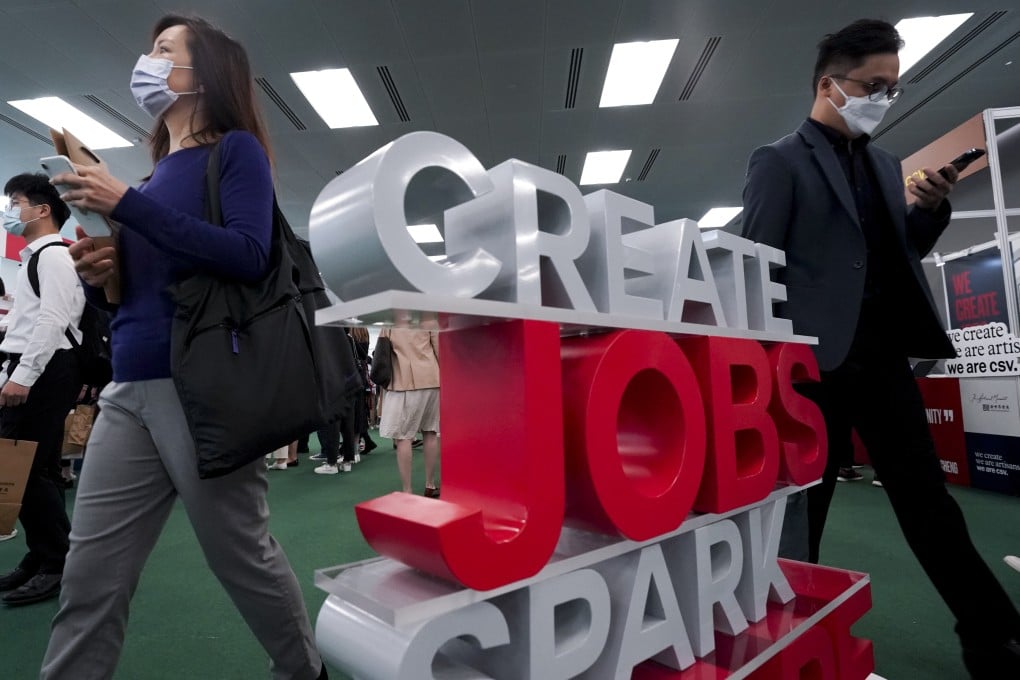Opinion | Why job creation won’t solve Hong Kong’s unemployment problem
- The underlying issue in youth employment, exposed and exacerbated by the pandemic, is the mismatch between what the economy needs and what the education system is producing
- The government must go beyond its Band-Aid solution of creating temporary jobs to address this mismatch, by helping graduates learn new skills and adapt quicker to change

Sadly, there is nothing to indicate that this rate will drop any time soon.
How did this happen? In 2010, around the time when our most recent graduates entered secondary school, the internet economy in China was still in its nascent stage. Since then, the world has taken multiple strides, with the new economy and big tech leading the way.
During this transition, most graduates were ensconced in various bricks-and-mortar educational institutions. When they left school last year, they found themselves facing the worst employment landscape since 2003.

Amid the job cuts and business shutdowns, Hong Kong’s young people have also had to navigate relentless technological disruptions. A chasm has opened up between the accelerating pace of change and the ability of our graduates – and our governing systems – to adapt to such change.

